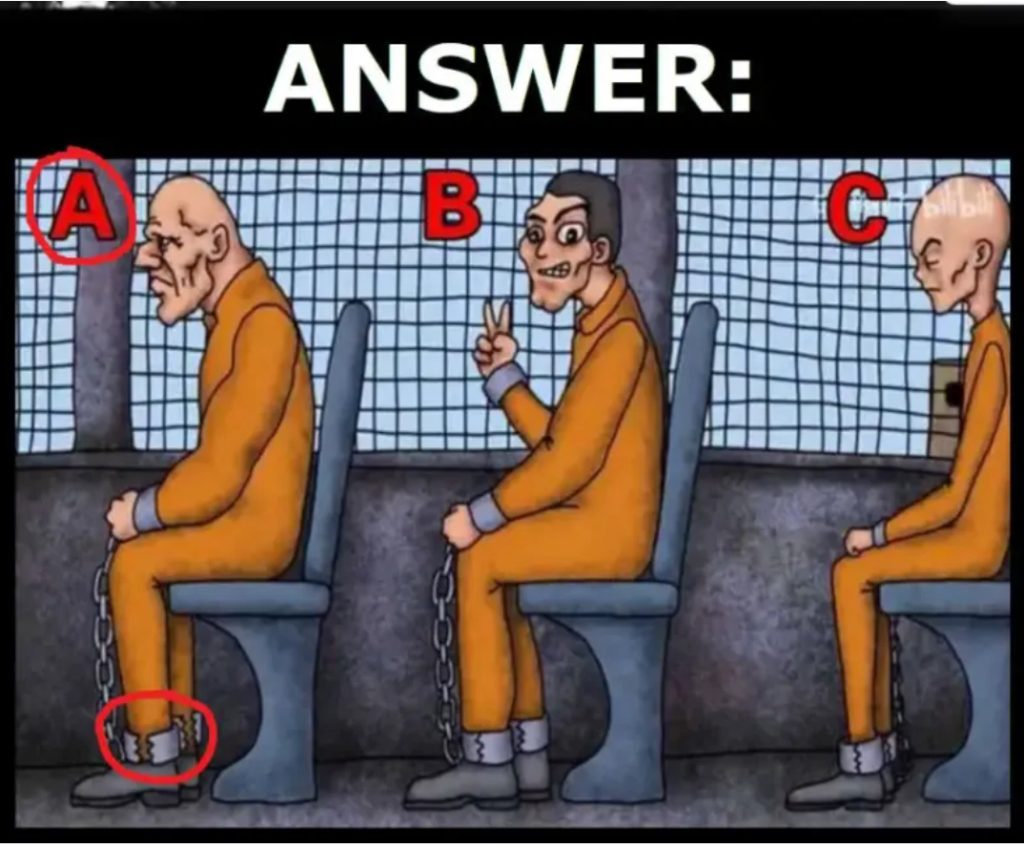
In a fast-paced world filled with distractions, puzzles offer a refreshing way to engage the mind and spark curiosity. More than simple games, they serve as tools for intellectual exploration, helping to sharpen problem-solving skills and unlock new ways of thinking.
Puzzles invite us to explore challenges that stretch our mental abilities. Whether solving a jigsaw or tackling a riddle, they encourage us to break problems into smaller parts, analyze critically, and devise creative solutions. This process enhances cognitive skills like memory, attention to detail, and mental flexibility, all while training the brain to think more efficiently.
Riddles, in particular, play a key role in cognitive development. They require logical thinking, keen observation, and the ability to connect seemingly unrelated clues. The challenge of finding hidden patterns in riddles helps improve critical thinking and fosters a deeper curiosity about the world.
Beyond cognitive benefits, puzzles also promote personal growth. They encourage patience and persistence, teaching us the value of perseverance through trial and error. By stepping outside our comfort zones, we uncover hidden strengths and build resilience. The satisfaction of solving a puzzle even boosts mental well-being by releasing dopamine, promoting a sense of accomplishment.
Puzzles also foster community. Whether collaborating with friends or engaging with online groups, shared problem-solving experiences create connections and inspire collective learning. Moreover, the creativity required to solve puzzles often leads to innovation in fields like science, technology, and the arts.

Ultimately, puzzles offer a lifelong journey of intellectual and personal growth. Each challenge is an opportunity to sharpen your mind, expand your horizons, and explore new possibilities. Embrace puzzles as gateways to learning, self-discovery, and mental well-being.